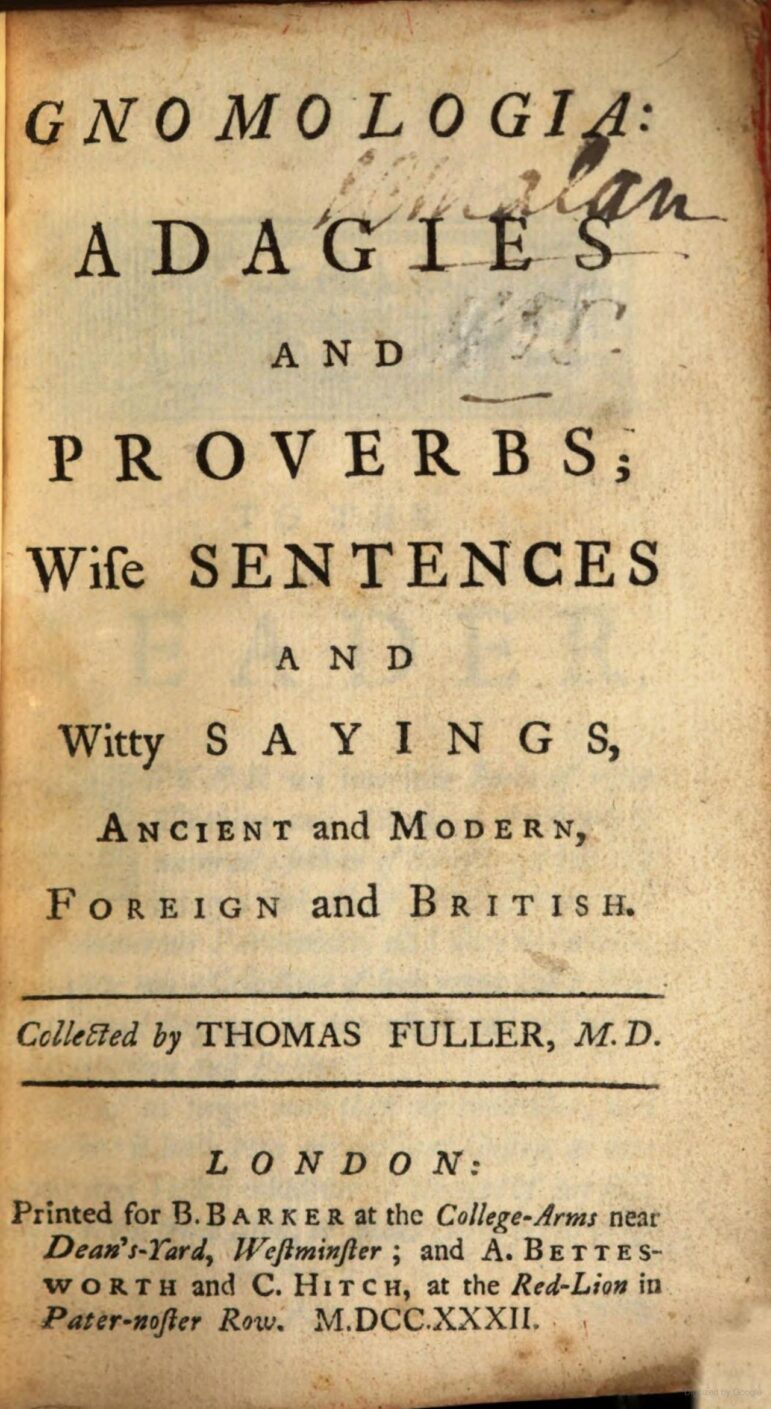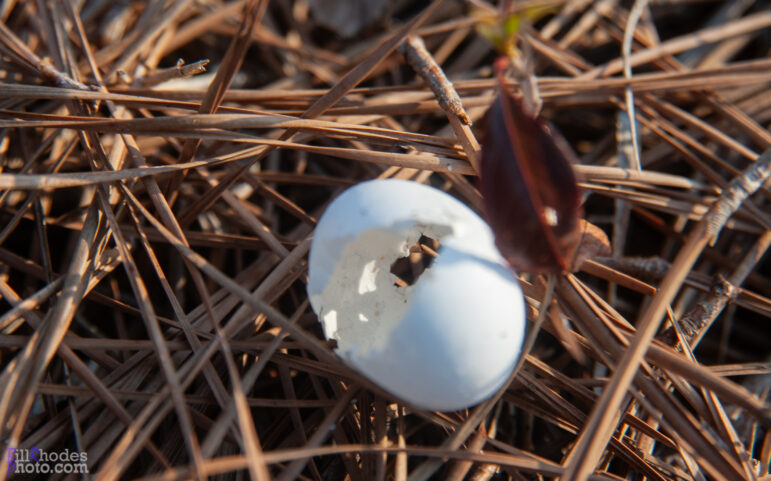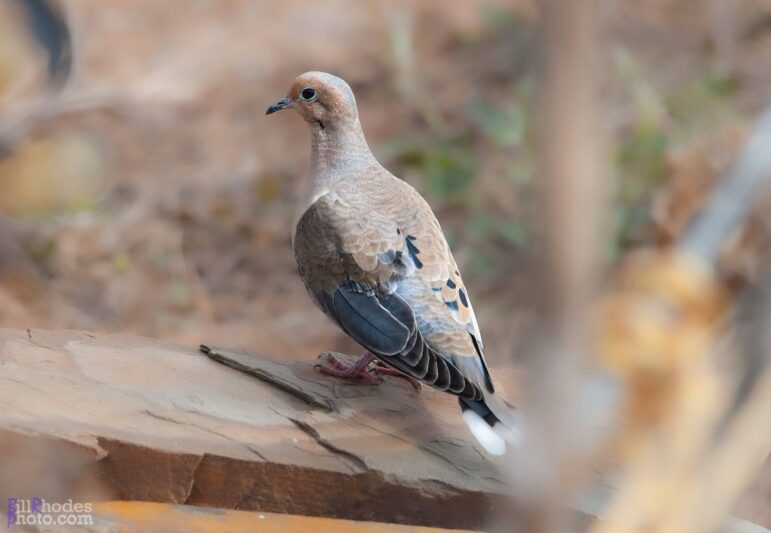
In like a lion, out like a lamb.
I do not recall who I learned that phrase from when I was a kid living in upstate New York, but I can still hear the hushed, reverent tone of the voice that spoke the words like a prayer. It must have been after the kind of harsh winter that makes adults long for warmer weather and easier days. I have jumbled memories of that same day: standing in front of the ice-frosted glass of the playroom window while looking out at a bleak, blustery landscape, snow-encrusted mittens drying on the heating vent, and my mother making hot cocoa to warm me up.
While at the window, I tried the words on for size and decided I liked them. My child-self, longing to be a Witch, also decided they must be a spell. I was sure that if spoken correctly, they would summon the fierce winds and weather that would blow away the remains of winter and allow the gentle arrival of spring. Fifty years later, I cannot say that I believe differently. I still speak those words at the beginning of March with high hopes.

The title page to “Gnomologia” by Thomas Fuller, MD, 1732 [public domain]
Oh, the things that amuse me. In conducting curiosity-level research about lions and lambs, I learned that the first known written record of the use of the phrase “In like a lion, out like a lamb” was in a book published in 1732. Gnomologia: adages and proverbs; wise sentences and witty sayings, ancient and modern, foreign and British, was written by Thomas Fuller. The book was published by B. Barker at the College Arms near Dean’s Yard, Westminster. My ancestry records in Britain go back to Benjamin Barker, born in 1793, not far from Westminster. Mayhaps my interest in this phrase stems from an ancestor speaking to me across the years.
Over the last few months, I have been exploring definitions of what makes a hard winter. How do I define that experience? I have talked this out with friends, myself, spirits, and ancestors in conversation and contemplation. Sometimes I stayed awake at night, turning thoughts in my head, worrying at this topic like a child poking a loose tooth with her tongue. The thing is that it seems the answers to this question, the ingredients to this particular soup, and the checkpoints on the map of this part of the journey have become so large that I cannot contain them.

Hatched mourning dove egg [B. Rhodes]
During some of those restless periods, I became a seeker in the night, wandering the sleeping gardens and my little piece of land, looking for answers and perhaps comfort from the darkness, the moon, the wind, or other beings who ramble about outdoors after the sun goes down. After one particularly heavy and sorrowful day in both my personal realms and the theater of the world, I wound up sitting on the cold ground near Brigid’s altar in the north yard. I may or may not have cried. I might or might not have howled at the moon. I certainly asked my questions out loud, talking to whoever or whatever happened to be in the mood to listen.
I stayed there until I was talked out, until the recitation of sorrows and horrors left my throat dry and my heart parched. This is where I should write, “the night had grown still around me” or some such, but it had not done so, so I shall not. With my connections to the land spirits, my ancestors, and other numinous beings, someone should have listened and offered some advice or sympathy. Although I generally do not hold expectations of acknowledgment from my companions and allies, I admit that I was puzzled by their silence that night.
Turning to stand so I could go back in the house, I pressed my hands flat against the body of the Earth to push myself up. Perhaps the answers to the question of how to define a hard winter have grown beyond my abilities to contain them, but there is a being large enough to bear witness to and hold space for every moment of struggle that every single one of her companions experiences and endures. She had been listening to me, but in those moments, I was so caught up in my thoughts and feelings that I failed even to register her presence until my bare hands touched the surface of her being.
After those moments of hands-to-heart contact, I have added this fact to my compendium: it is a hard winter when one can feel the Earth crying.
I stayed with her for a while, just listening and being present, body stretched out with hers, one hand still on her heart. I acknowledged her grief and sadness as I would with anyone I love and spoke words of comfort while avoiding toxic positivity. She gets enough of that from humans already. When it came time for me to go inside, I sang her a lullaby and promised to check in with her every day. There may not be much I can do to repair or heal the literal world of hurt going on right now. Has there ever been a time when it was not happening? But I have added a check-in with the Earth to my daily practice, time devoted explicitly to her. It is my honor to tend to her in this way.
A few days ago, the seasons changed gently in this ancient river valley in western North Carolina. The Wheel has turned, moving us through the hard winter into spring, when new growth, beauty, and warmer weather take the sharpest edges off the hardness. I have not encountered any lambs yet, but I am taking note of these softer days and lingering light.

Mourning dove [B. Rhodes]
Here at Bear Path Cottage, the trees are greening. Elderberry and juneberry are promising a good harvest, and the mockingbirds are already trying to stake their claim. The sprawling rose canes are covered with green and red leaves, and the daffodils and dandelions are blooming. All the flowers in the gardens show new growth, some only peeking above the earth, others already covered with buds. I have harvested purple dead nettle to dry and sow thistle, chickweed, and speedwell for my chickens.
One of my greatest joys is watching the many avian visitors fly around the gardens and perch on tree branches, benches, rose bushes, and other plants. This season, I have, on multiple occasions, seen a pair of mourning doves stroll through the garden together as if they were checking out the real estate. Their calm presence reminded me that love, peace, and hope are equally as present in this world as conflict and negativity. Last week, my partner brought me a present; he had found a hatched out mourning dove shell under the loblolly pine and knew I would want it for my collection.
Perhaps the doves are my lambs this year, helping to clear my mind and spirit in order to make room for the new growth of spring. To this witch, a new life in the garden always feels like a good sign.
The Wild Hunt is not responsible for links to external content.
To join a conversation on this post:
Visit our The Wild Hunt subreddit! Point your favorite browser to https://www.reddit.com/r/The_Wild_Hunt_News/, then click “JOIN”. Make sure to click the bell, too, to be notified of new articles posted to our subreddit.